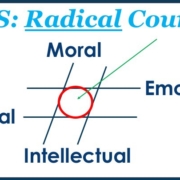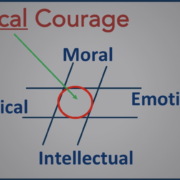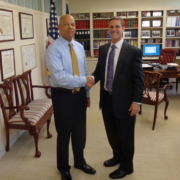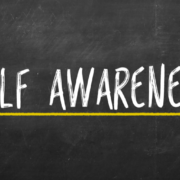How I learned to gain buy-in
For most of my military career, gaining buy-in for change was pretty easy.
I had an excellent system for acquiring feedback, so I learned what frustrated my troopers and took action to address the problems. They readily helped me implement the changes. I presumed it was because they had confidence the game plan would work.
Afghanistan changed all of that.
In addition to clarity and confidence, people buy-in when they believe doing so leaves them better off. You can’t lecture people into that belief. They need to see it for themselves.
We were fighting for our lives against an enemy that seemed to get stronger even as we inflicted significant casualties. We believed people wanted us to attack the enemy and support the Afghan government officials. We were flat wrong. About 95% of the people we thought we were helping were actually trying to kill us, which is why their numbers swelled.
Three of our troopers were killed in those first sixty days of a 450-day deployment. More of the same was the safer choice regarding what the military expected, but it would not improve the situation.
I’m a voracious reader and feedback consumer, so I looked to history, trusted advice, inputs from paratroopers and elders, and behavioral sciences for answers.
To succeed, we had to build relationships with Afghans, especially those close to the insurgents. The challenges included getting our troopers to take risks in reaching out and convincing Afghans (many of whom were angry at international forces and the Afghan government) to reciprocate.
Asking troopers to go against years of training and Afghans to let go of decades of hatred toward foreign forces required clarity, confidence, and belief that change would make them better off.

First, we had to clearly express what we wanted our troopers to do and the benefits of doing so. “X so that Y” is your formula for expressing clear guidance. We wanted to build relationships so that Afghans would see us as partners in their success, which would reduce incentives towards violence.
Improving relationships with Afghans required trust-building. “Afghans hear with their eyes,” one elder told me—they believe what they see. We started with small measures and built from there.
Our troopers and Afghans were confident the approach would work, provided the other side lived up to their commitments. Trust-building was essential for reinforcing confidence.
Inspiring belief was the biggest challenge. People have to believe they will be better off for making the change. Otherwise, they will undermine the initiative. Military tactics that seemed to improve safety, such as maintaining a threatening posture, aggressive driving, etc. actually increased hostilities thus heightening risk of injury or death.
Small, incremental wins increased belief, which led to more significant measures in a virtuous cycle. Our troopers saw that stronger relationships reduced violence and improved security. Afghans saw that working together on mutually-agreed measures that they chose strengthened local governance and improved quality of life. Eventually, the top insurgent group in the area stopped fighting and switched sides.
You cannot force people to believe that they’re better off, they have to come to the conclusion for themselves. Discussing the potential change and asking your employees how they will be affected can reveal areas of opportunity. Giving people the agency to strengthen the positives and mitigate the negatives increases their sense of ownership and belief in the new policy or initiative.
How well is this process working for you? Email me to let me know. I love cheering your success and helping you get over obstacles.
Did you know that you read my newsletter over 50% of the time? I’m thrilled that there is so much value out in it.
One of the ways you increase your value to others is by sharing what helps you grow. Whether it’s this blog or my newsletter or another, share and encourage your colleagues to experience what’s valuable to you. Sharing wisdom is like a rising tide lifting all boats.










